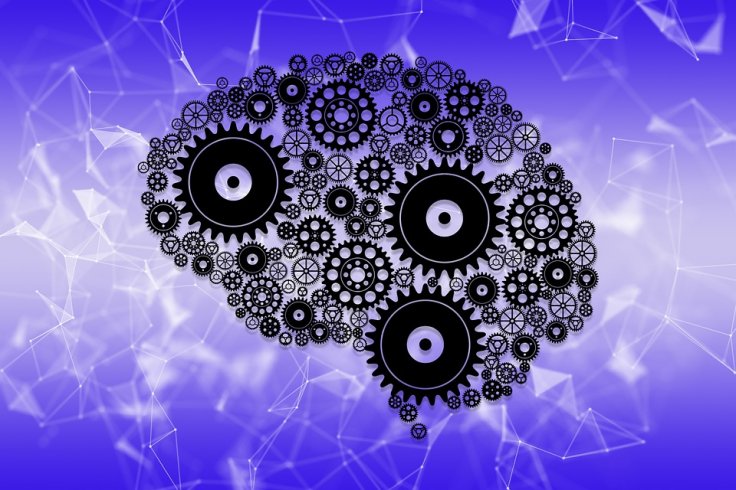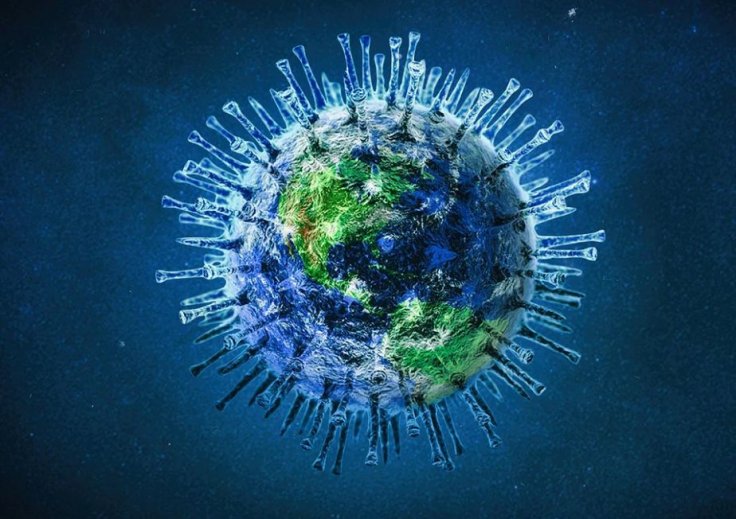As the COVID-19 pandemic began spreading across the globe, vast sections of society began treading softly and exercised caution. For the longest period of time, largely populated countries such as India managed to instill a sense of seriousness citing the numbers of cases and the effects of the disease.
However, people are increasingly becoming emboldened by the idea that what affects others may not necessarily trouble them and hence, flouting safety measures. This sense of 'unrealistic' optimism is known as Optimism bias or Comparative optimism, which is gripping many people around the world despite Covid-19's rapid spread.
Simply stated, it is a cognitive bias that leads people to assume that the likeliness of them experiencing a negative event is minimal. Here, people undervalue the probability of facing negative events in the future and overestimate the probability of experiencing positive events. Optimism bias has also been reported in birds and mice.
Comparative optimism's effect can be seen across several areas—from organizational management to economy to intra- and interpersonal relations.

The Puzzle of Optimism Bias
Such a level of optimism does not necessarily translate to an excessively positive outlook toward life. Rather, it leads to taking smaller yet crucial actions lightly or disassociating dangers from them which may result in disastrous outcome. For example, not wearing a seat belt or skipping a scheduled physical examination.
In her book, The Optimism Bias: A Tour of the Irrationally Positive Brain, Tali Sharot, a renowned cognitive neuroscientist, states that such bias is more widespread than believed and can be observed in people across several cultures in the world. However, Sharot admits that while it can lead to people making irrational choices and engaging in not-so-safe actions, it can also improve an individual's well-being by promoting anticipation toward the future.
A simple example of this could be asking someone out on a date. While the possibility of rejection exists, a yes could ultimately lead to a life of togetherness as well.
Role in Perception of COVID-19 risk
Now, the question is, "How is optimism bias affecting people's perception of the risk of COVID-19?" While a large section of people has taken the need for precautions to maniacal or hilarious levels, several people are downplaying the risks posed to them by the disease.
According to a recent study conducted among 4,000 participants from the UK, Switzerland, France and Italy, nearly half of them believed that they were less likely to contract the disease. Alarmingly, only 5 percent assumed that they were more likely to become infected.

With nearly 6,520,000 infections and about 194,000 deaths, the US leads the list of countries worst-affected by COVID-19. A study published in March 2020 that involved nearly 1,600 Americans, found that people believed that while their own personal risk increased, so did everyone else's. Still, people continued to assume that they were personally at a lower risk than other people.
Other studies and observations have also found that people are not affected or do not perceive the high magnitude of the disease until it affects either their family or closely associated groups.
Dealing With the Effect of Optimism Bias on COVID-19
An article published in August 2020 explores how the bias is influenced by the pandemic and whether it can be leveraged. It offers potential ways in which Optimism Bias can be dealt with in the face of the pandemic. Firstly, employing a consistent and unbiased risk assessment is essential for maintaining protective individual behavior.
They also suggest that public health policies must ensure that optimum quality information and explanation is available in order to ensure that the population cultivates appropriate beliefs surrounding the risks associated with the raging pandemic.
Taking into consideration past climatic, health and geopolitical calamities, the researchers acknowledge that pandemic challenges neurocognitive industrial independence, economic power and even soundness of healthcare systems. Their conclusion calls for increased research in order to learn more about how humans across the world are re-evaluating their perception of dangers associated with the novel coronavirus pandemic.









